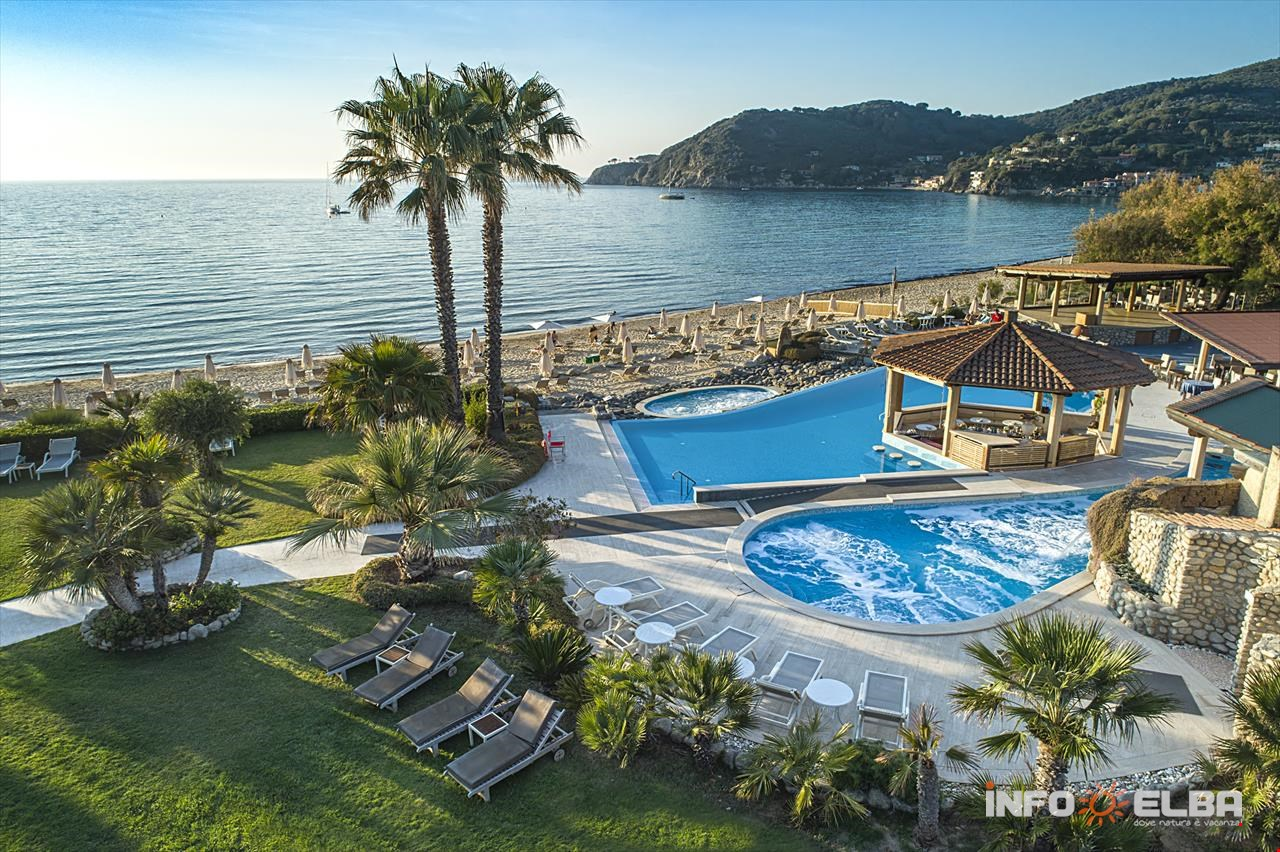Speaker
Description
Future HEP experiments will consider measuring concurrently the location and the time of a particle hit with very good accuracy, i.e., 4D-trackers should be the basic option for future detection systems. DC-coupled Resistive Silicon Detectors (DC-RSD), an evolution of the AC-coupled design, are considered a very promising option within this framework. They combine two different design innovations, low-gain avalanche (LGAD) and resistive readout (RSD), to achieve temporal resolutions of a few tens of picoseconds and spatial resolutions of a few microns with pixels as large as 1 $\times$ 1 mm$^2$, respectively.
TCAD simulations are an excellent tool for designing this innovative class of detectors, enabling the evaluation of different technology options (e.g., the resistivity of the n+ layer, contact materials) and geometrical layouts (shape and distance of the read-out pads). In particular, a full 3D simulation domain guarantees a very accurate evaluation of the electrical behavior while providing very precise timing information, gaining access to the response of the detector device in terms of conduction and displacement currents (e.g. without bandwidth limitation imposed by read-out circuitry). The simulation methodology adopted and the results of device-level numerical simulations will be presented in this work.




